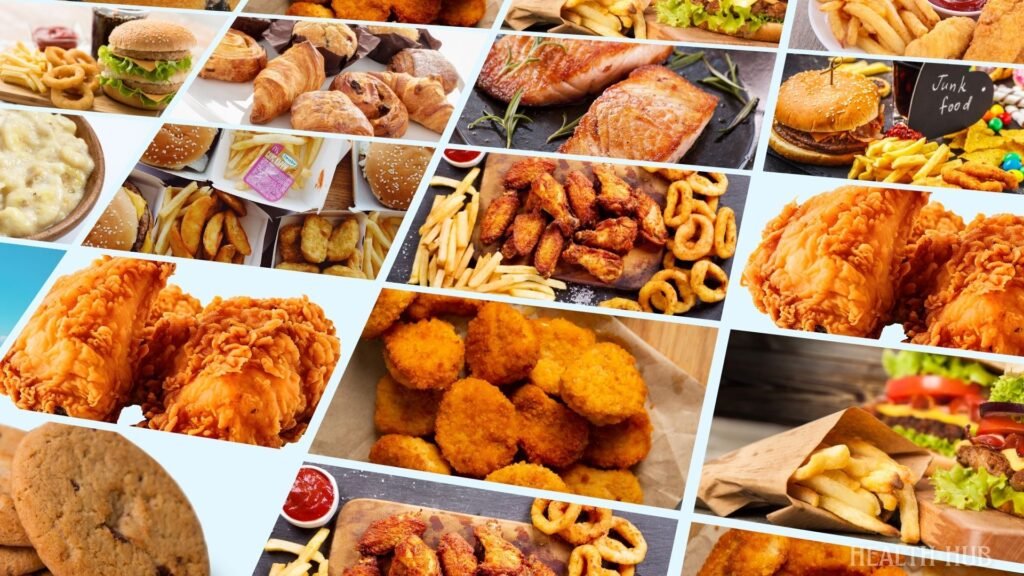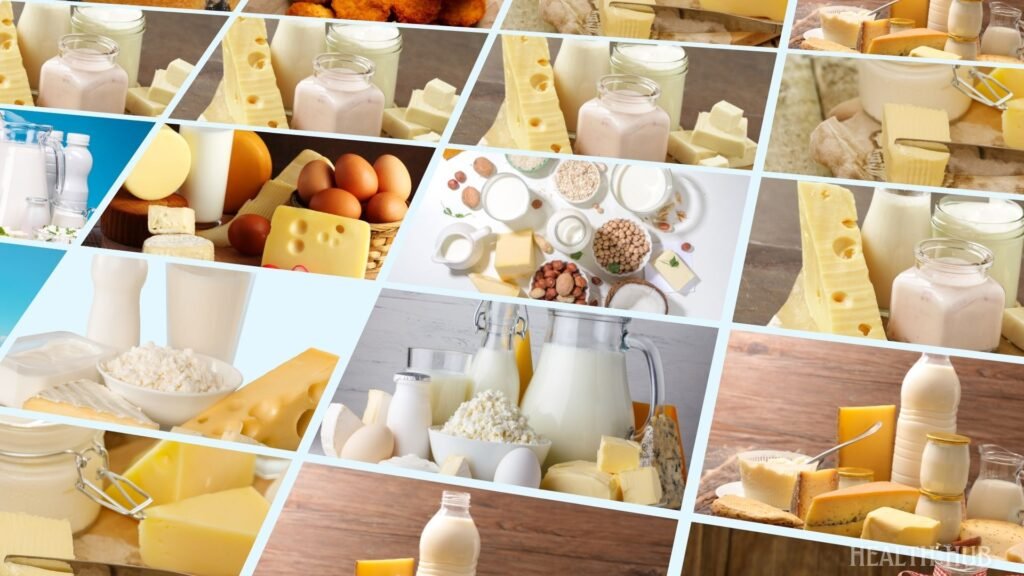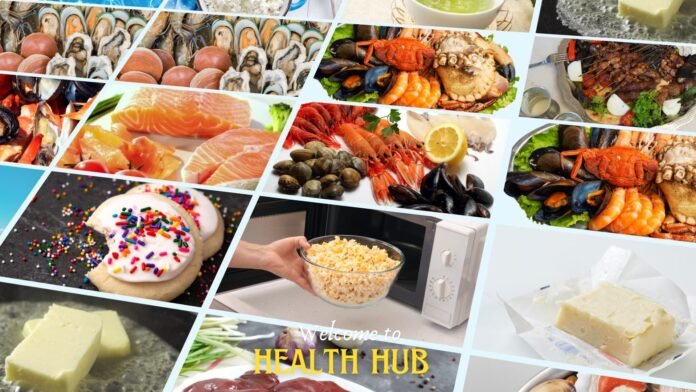High cholesterol is a major health issue, responsible for 4.4 million deaths worldwide each year. In the U.S. alone, nearly 25 million adults have cholesterol levels above 240 mg/dL, putting them at serious risk for heart disease. While genetics play a role, diet is a crucial factor in managing cholesterol levels. Certain foods can raise LDL (bad) cholesterol and lower HDL (good) cholesterol, contributing to the buildup of artery-clogging plaque.
Here are the 10 worst offenders for your cholesterol levels:
Trans Fat-Laden Baked Goods

Pastries, cookies, and cakes from your local bakery might be delicious, but they’re often packed with trans fats. These artificial fats, created through hydrogenation, extend the shelf life of baked goods but also raise bad cholesterol and lower good cholesterol. Next time you’re tempted, consider opting for healthier choices like whole grain breads or homemade treats made with heart-healthy oils.
Fried Fast Foods

Fast food is notoriously unhealthy, but fried items like fries and chicken are especially bad for your cholesterol. Typically cooked in partially hydrogenated oils, these foods are a major source of trans fats, which raise LDL cholesterol. For a healthier option when eating out, choose grilled or baked items and balance your meal with a side salad or fruit.
Processed Meats

Bacon, sausages, and deli meats are common household staples, but they are high in saturated fats and sodium, both of which can increase LDL cholesterol. If you can’t give them up, try to consume them in moderation and opt for leaner cuts. Incorporating more plant-based proteins like beans and lentils into your diet can also help reduce your reliance on processed meats.
Full-Fat Dairy Products

While dairy provides essential nutrients, full-fat products like whole milk, cheese, and butter are high in saturated fats, which can elevate LDL cholesterol and increase the risk of heart disease. Opt for low-fat or non-fat dairy options like skim milk, reduced-fat cheese, and yogurt to keep your cholesterol in check.
Sugary Drinks & Snacks

You might not associate sugar with cholesterol, but consuming too many sugary drinks and snacks can indirectly affect your cholesterol levels. Excess sugar is converted by your liver into fat, leading to weight gain and higher LDL cholesterol. Limit sugary treats and choose healthier options like fresh fruit, unsweetened tea, or water.
Coconut Oil

Coconut oil is often marketed as a healthy alternative, but it’s actually high in saturated fat—more than butter or lard. Use coconut oil sparingly and opt for heart-healthy oils like olive, avocado, or canola oil for most of your cooking.
Liver & Other Organ Meats

Organ meats like liver are nutrient-dense but extremely high in cholesterol. A small serving of beef liver contains more cholesterol than the recommended daily limit. If you enjoy organ meats, consume them in moderation and balance your diet with plenty of fruits, vegetables, and whole grains.
Shellfish

Certain shellfish, like shrimp, are surprisingly high in cholesterol. If you love seafood, opt for lower-cholesterol options like scallops and oysters. Fatty fish like salmon and mackerel are also excellent choices, rich in omega-3 fatty acids that help lower LDL cholesterol.
Butter & Lard

Butter and lard are staples in many kitchens, but they’re loaded with saturated fats that can raise cholesterol levels. To reduce your intake of saturated fats, try using alternatives like olive oil, avocado, or nut butters, and experiment with substitutes like applesauce or Greek yogurt when baking.
Microwave Popcorn

Popcorn can be a healthy snack, but many microwave brands are high in unhealthy fats and additives. Some brands use partially hydrogenated oils, which are a source of trans fats, while others use saturated fats like coconut oil. To enjoy a healthier version, try making popcorn at home using an air popper or stovetop method, and season it with herbs, spices, or a light drizzle of olive oil instead of butter.
By being mindful of these foods and making simple swaps in your diet, you can take significant steps towards improving your heart health and reducing your risk of chronic disease. Remember, small changes add up over time, so start making healthier choices today!


